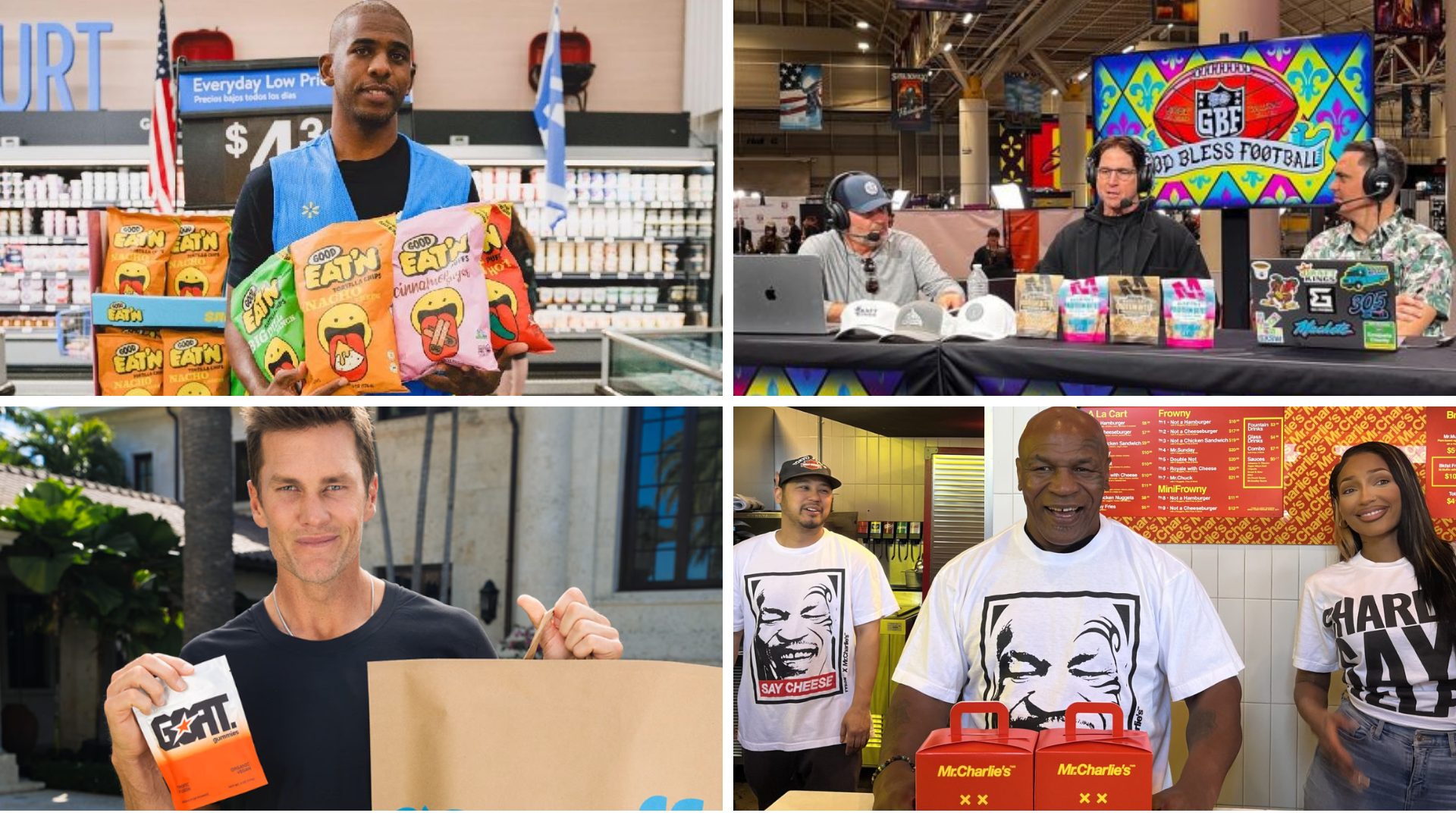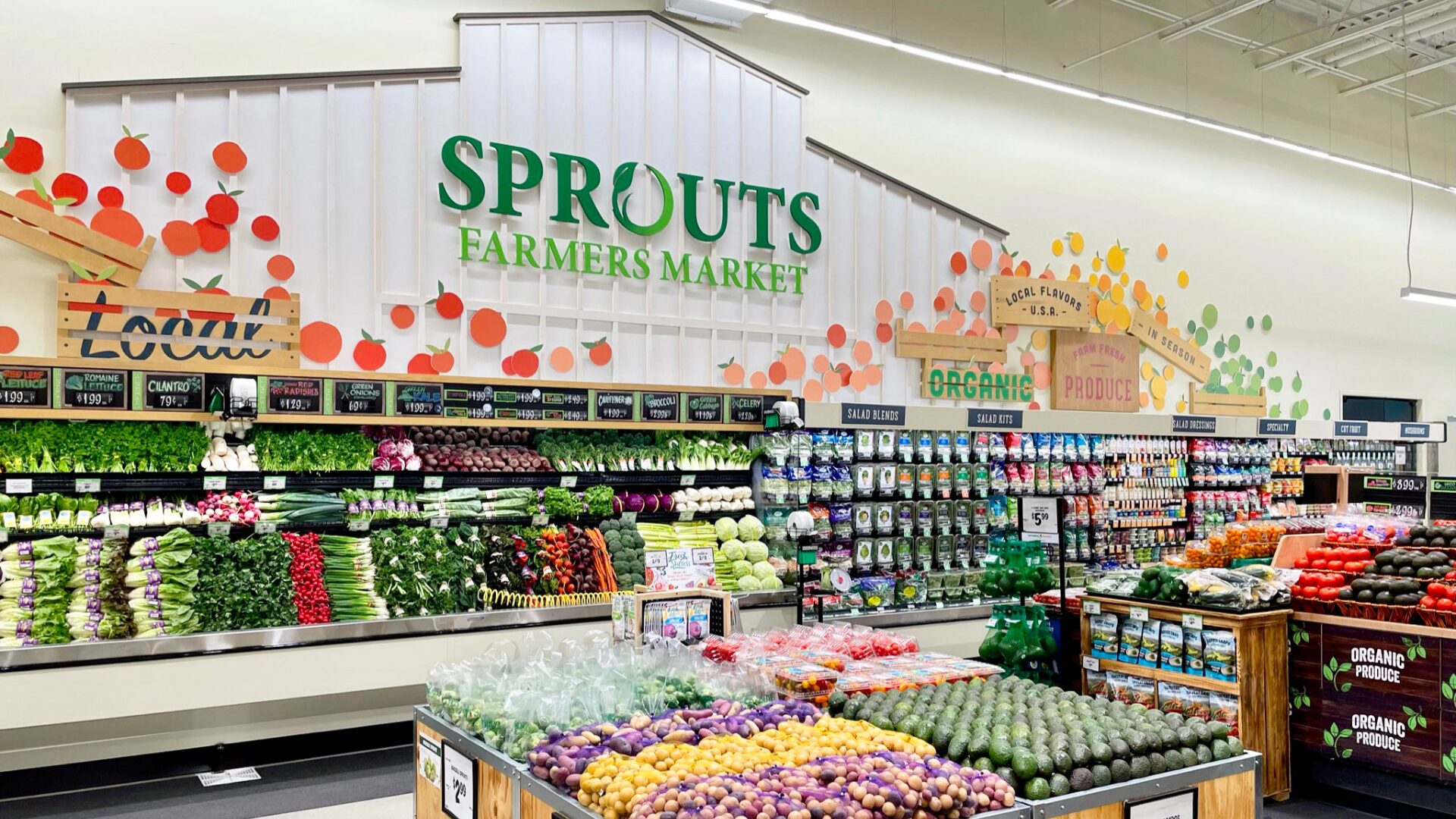What’s going on at Beyond Meat?
A week ago, the company’s stock price fell 12% after it warned that third-quarter revenue should come in at $106 million—far lower than its prior outlook and the nearly $135 million expected by analysts. The plant-based company, whose shares are down about 25% so far this year, blamed the COVID-19 Delta variant, severe weather and distribution delays for the shortfall.
While the company’s assessment of the situation makes sense in these unusual times, haven’t industry observers been talking for months about the dawn of a new plant-based age in the food sector that could likely withstand some of these supply-chain constraints?
Market experts weigh in
Nate Tsang, chief executive officer at stock research platform WallStreetZen, told The Food Institute in an emailed statement that despite the revenue miss, it’s important to note that the company’s stock price surged 65 percent in 2020—a truly incredible return, and one that is unsurprisingly not all that sustainable.
Yet, the projected revenue decline is “not a little miss—that’s nothing going right,” said Charles Lemonides, founder and chief investment officer of ValueWorks. (Forbes, Oct. 22)
Credit Suisse analyst Robert Moskow added in a research note that although the meat-alternatives category has potential upside for the next several years, Beyond Meat’s sales and market share are likely to be lower than what was previously estimated.
On top of that, former chief financial officer Mark Nelson retired in May, while chief operating officer Sanjay Shah stepped down in early September, less than two years after joining the company.
“This year’s spate of management departures and many factors cited for the revenue shortfall suggest deeper problems that won’t be quick to fix,” Moskow wrote.
“Demand at the retail level is clearly slowing. U.S. market share is down -90 bps in the last 12-week period versus year-ago levels, sales have fallen -7.1% in the last 12-week period versus year-ago levels, and sales velocity fell -33%,” he said. (Benzinga, Oct. 26)
At the same time, U.S. alternative meat retail sales are about 40% higher than a year ago and competition is fierce. Rival Impossible Foods has increased its market share while Beyond’s has fallen. Conagra, Kroger and others have also entered the alt-meat space with their own product lines.
Lemonides added that despite the growth of plant-based foods, Beyond Meat has virtually no margin because it sells products at a loss in a bid to secure shelf space and establish brand recognition.
Questions about alt-meat growth
Not everyone sees the alt-meat industry’s rapid growth continuing.
Plant-based meat alternatives are still below 10% household penetration on the retail side, Anne-Marie Roerink, president of 210 Analytics, noted in a recent IRI webinar exploring refrigerated meat department alternatives in the first half of 2021.
“There’s going to be some continued trial, but much like the organic and grass-fed markets, I think we’re going to ultimately see this become a nice niche offering,” said Roerink.











